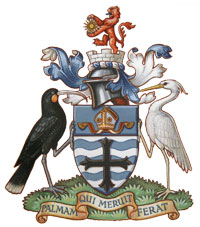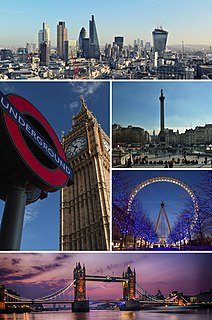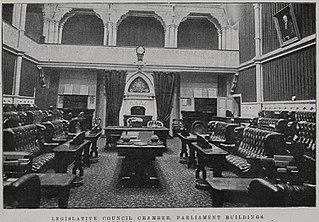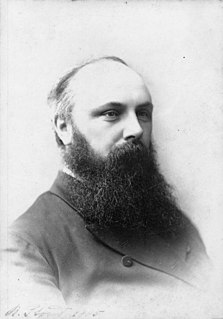
The New Zealand general election of 1887 was held on 26 September to elect 95 MPs to the tenth session of the New Zealand Parliament. The Māori vote was held on 7 September. 175,410 votes were cast. In 5 seats there was only one candidate.

Arthur Penrose Seymour was a 19th-century New Zealand politician from Picton. He was the 4th Superintendent of the Marlborough Province and was a member of the provincial government for all 16 years of its existence. With his strong advocacy for Picton, he successfully had the Seat of Government moved to Picton. When the Blenheim party secured a majority in the Provincial Council by 1865, Seymour negotiated the removal of the Seat of Government back to Blenheim.
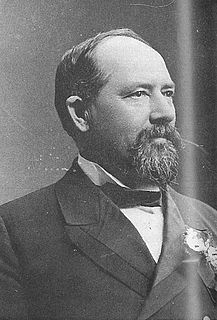
Charles Houghton Mills was a member of parliament for Waimea and Wairau, in the South Island of New Zealand.

Alfred Saunders was a 19th-century New Zealand politician.
Wairau was a parliamentary electorate in the Marlborough Region of New Zealand. It was one of the initial 24 New Zealand electorates and existed from 1853 until its abolition in 1938, when it was succeeded by the Marlborough electorate. The electorate had 13 representatives during its existence. The 1861 election in the Wairau electorate was notable in that a later Premier, Frederick Weld, was unexpectedly and narrowly defeated by William Henry Eyes.
Heathcote was a 19th-century parliamentary electorate in Christchurch, New Zealand.
Wamea-Picton was a parliamentary electorate in the Marlborough and Nelson Regions of New Zealand, from 1887 to 1893.
The Suburbs of Nelson is a former parliamentary electorate around the city of Nelson, New Zealand from 1861 to 1881.

Richmond Hursthouse was a 19th-century Member of Parliament in Nelson, New Zealand, and a cabinet minister.

John Fedor Augustus Kelling, JP, known as Fedor Kelling, was a 19th-century Member of the New Zealand Parliament, representing Nelson. A leader of a group of immigrants from Germany, he also served as the German consul.
John Kerr was a 19th-century Member of Parliament from Nelson, New Zealand. As well as Lake Station, Kerr also owned the 70,000 acre Tarndale Run and 30,000 acres around the Wairau river before entering into a business partnership with Molesworth Station owner William Action-Adams. Kerr commissioned cob builder Ned James to build Tarndale homestead in 1874.
Joseph George Harkness JP was a 19th-century independent conservative Member of Parliament from Nelson, New Zealand.
The 10th New Zealand Parliament was a term of the Parliament of New Zealand. Elections for this term were held in 4 Māori electorates and 91 European electorates on 7 and 26 September 1887, respectively. A total of 95 MPs were elected. Parliament was prorogued in October 1890. During the term of this Parliament, two Ministries were in power.
William Gibbs was a 19th-century Member of Parliament from the Nelson Region of New Zealand.

